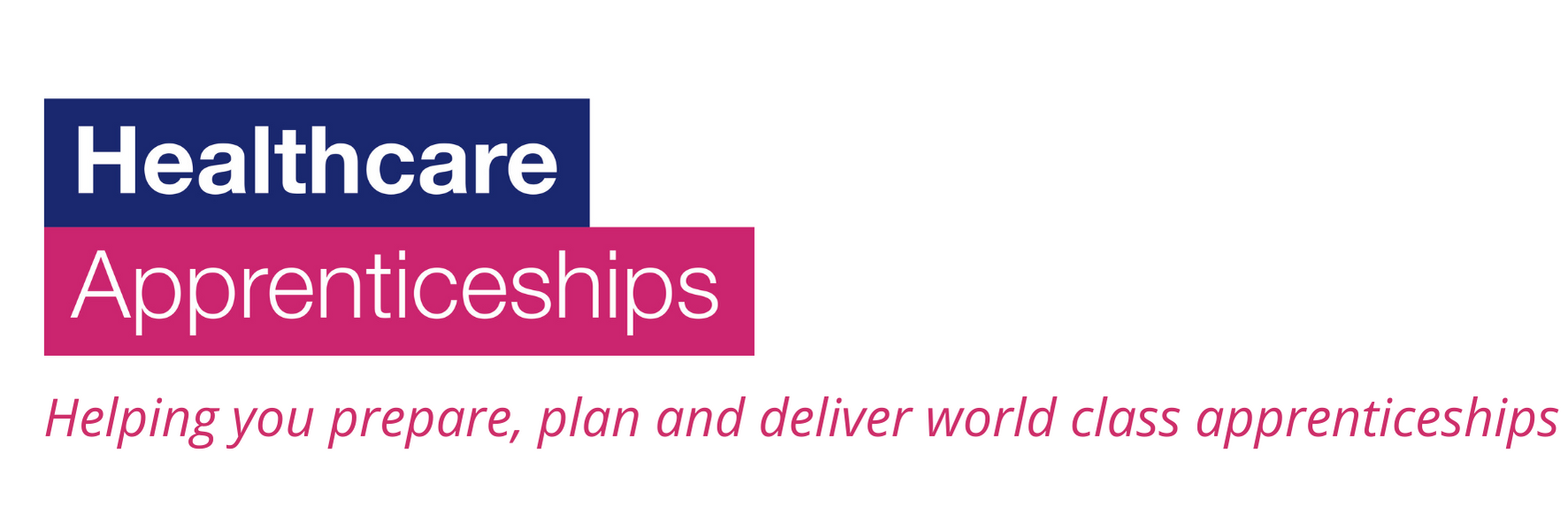 Your interest in Trailblazers continues to grow
Your interest in Trailblazers continues to grow
Lots of you have suggestions for new apprenticeships but before you embark on the journey, find out what it’s really like from those that are already doing it. It’s almost eighteen months since employers first came together to define new Apprenticeships for Healthcare Support Workers and Assistant Practitioners.
Full of enthusiasm for getting the job done and eager to learn what it would mean to be in the driving seat, the group set out to create Apprenticeships that would meet the needs of employers across England. We asked Kay Fawcett, Joint Chair of the Trailblazer Group, about what made her join and whether it’s turned out to be what she expected. Kay said: “I have been the joint Chair of the Healthcare Support Worker / Assistant Practitioner Trailblazer since its inception. It was a natural progression for me after working on the Care certificate, to see it embedded into apprenticeships supporting the development of this group of staff. It was the first time I had been engaged with this sort of work. I was not sure what to expect but the Trailblazer has worked really well and employers have become more engaged and knowledgeable, as we have progressed.”
Other members were equally keen. Sally Garbett, Vocational Programme Manager at St Christopher’s Hospice in London, said: “I pestered Skills for Health to join the Trailblazer group because I have been involved in Apprenticeships and vocational education for 25 years and I have been concerned the focus many place on assessment, rather than providing quality teaching and learning to apprentices. I was also keen to ensure that palliative care was adequately represented in the Apprenticeship Standards.”
Nessa Memmot, Professional Development Advisor for Vocational Training at Derby Teaching Hospitals NHS Foundation Trust told us: “I am passionate about the training and development of Apprentices in Health and keen to ensure that the new Apprenticeships can continue to be offered across many different Health Care Support Worker roles.”
And Michelle Field, Senior Nurse for Education, University Hospitals Birmingham NHS Foundation Trust added: “I have a keen interest in ensuring that the apprenticeships developed have the patient at their centre.”
It’s takes a lot of work. And there are challenges along the way.
The Steering Group meets nearly every month for a full day and a large amount of work takes place between meetings. As well as standard development, assessment planning and costings, the group also needs to consider long-term governance arrangements and implementation plans for the standard. The group realise it is a long-time commitment.
Many people are still not aware that the Apprenticeship Frameworks are being replaced by Apprenticeship Standards. The Trailblazer groups therefore need to cope with a degree of uncertainty from within their own sector and communicate accordingly. They also work in line with the Department of Business, Innovation and Skills (BIS) at a time when policy around Apprenticeship standards is still developing. “There have also been challenges that relate to changes in the system and these have sometimes affected how successful we have been each time we have met. There is also work to make it consistent and ensure employers across the country and in different parts of the sector can “buy into it.” Kay.
“It has been a challenging yet positive process with well managed debate and opposing views. These have been worked through to produce Apprenticeship Standards that reflect what employers need their Apprentices to “look like” – what we need them to be able to do, know and value.” Sally.
“The inevitable bureaucracy has meant the standard is not available for implementation yet.” Michelle


